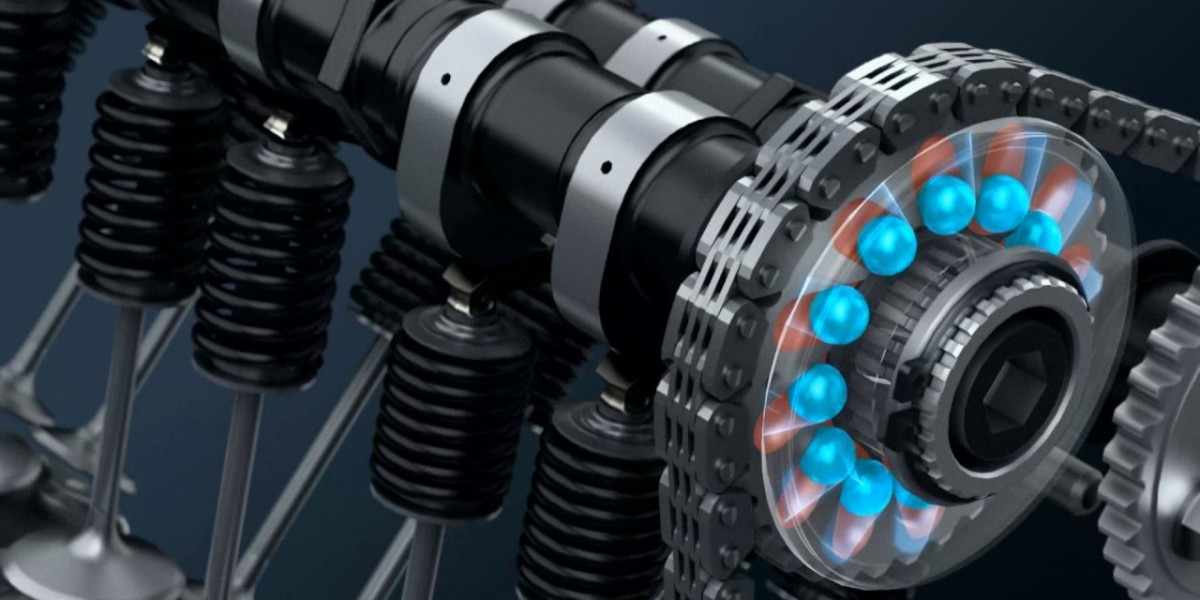Workplace injuries can have a significant impact on individuals, careers, and families. In New Jersey, the workers' compensation system is in place to offer financial and medical assistance to employees injured on the job, regardless of who is at fault. This blog outlines what workers' compensation is, how the process works in New Jersey, and the crucial role a workers compensation lawyer in New Jersey can play in ensuring fair treatment and adequate compensation.
What Is Workers’ Compensation?
Workers’ compensation is a “no-fault” insurance system. This means that if you are injured while performing your job duties, you are entitled to certain benefits—regardless of who caused the accident. The purpose is to ensure workers receive prompt medical care, wage replacement, and compensation for permanent injuries, while employers are protected from lawsuits for most workplace injuries.
Key Benefits Provided:
Medical treatment for work-related injuries or illnesses
Temporary wage replacement if you cannot work
Compensation for permanent disabilities
Death benefits for dependents if a worker dies due to a job-related incident
How Does the Workers’ Compensation Process Work in New Jersey?
1. Reporting the Injury
If you are injured at work, you must notify your employer as soon as possible. Timely reporting is crucial; delays can complicate or jeopardize your claim.
2. Employer’s Responsibility
Once notified, your employer is required to file a report with their workers’ compensation insurance carrier. They must also provide you with access to medical care for your injury.
3. Receiving Benefits
If your claim is accepted, you will receive benefits such as:
Payment for all reasonable and necessary medical treatment
Temporary disability benefits (usually 70% of your average weekly wage, subject to state limits) if you miss more than seven days of work
Permanent partial or total disability payments if your injury results in lasting impairment
4. Disputes and Denials
Sometimes, claims are denied or benefits are delayed. Disputes may arise over whether the injury is work-related, the extent of medical treatment needed, or the amount of disability. In such cases, you can file a claim petition with the New Jersey Division of Workers’ Compensation.
5. Legal Protections
It is illegal for your employer to fire or discriminate against you for filing a workers’ compensation claim.
What Does a Workers’ Compensation Lawyer Do?
While the system is intended to be straightforward, the reality can be complex. Employers and insurance companies may dispute claims, delay payments, or deny benefits. A workers’ compensation lawyer helps by:
Explaining Your Rights: Ensuring you understand what benefits you are entitled to under New Jersey law.
Filing Claims: Assisting with the paperwork and deadlines required to initiate or appeal a claim.
Negotiating with Insurers: Dealing directly with insurance companies to secure proper medical care and wage replacement.
Representing You in Hearings: If your claim is disputed, your lawyer can represent you before a judge at the Division of Workers’ Compensation.
Appealing Denials: If benefits are denied, a lawyer can help you appeal the decision and present evidence on your behalf.
Why Might You Need a Workers’ Compensation Lawyer?
Not every claim requires a lawyer. However, you should strongly consider legal help if:
Your claim is denied or delayed
You are not receiving all the benefits you believe you are owed
Your injury is severe or results in permanent disability
You face retaliation or discrimination at work for filing a claim
There is a dispute over your ability to return to work or the type of work you can do
A lawyer’s experience can be crucial in navigating the legal process, especially when dealing with complex injuries, long-term disabilities, or employer disputes.
Common Types of Workers’ Compensation Cases
Traumatic Accidents: Sudden injuries like falls, machinery accidents, or vehicle collisions on the job.
Occupational Illnesses: Conditions caused by exposure to harmful substances or repetitive motions (e.g., carpal tunnel, hearing loss, respiratory diseases).
Unpaid Benefits: Cases where benefits are delayed, underpaid, or denied entirely.
First Responder Claims: Special provisions for police, firefighters, and EMTs under the Canzanella.
Your Rights Under New Jersey Law
New Jersey’s workers compensation laws are designed to protect employees. Some essential rights include:
The right to medical care for work-related injuries
The right to wage replacement if you cannot work due to injury
The right to legal representation throughout the process
Protection from retaliation for filing a claim
Frequently Asked Questions
Is workers’ compensation “no-fault”?
Yes. You do not need to prove your employer was at fault; you only need to show the injury happened while performing your job duties.
Can I sue my employer for pain and suffering?
Generally, no. In exchange for guaranteed benefits, workers give up the right to sue their employer for most work-related injuries.
What if my employer does not have insurance?
Employers are legally required to have workers’ compensation insurance. If they do not, you can still pursue benefits through the Uninsured Employers Fund.
Conclusion
Dealing with a workplace injury can be challenging, but New Jersey's workers' compensation system is here to offer support. Understanding your rights, the claims process, and knowing when to seek legal help can greatly impact your recovery and financial stability. If your case is complex or disputed, consulting a qualified workers' compensation lawyer in New Jersey can help ensure you receive the compensation and care you deserve.








